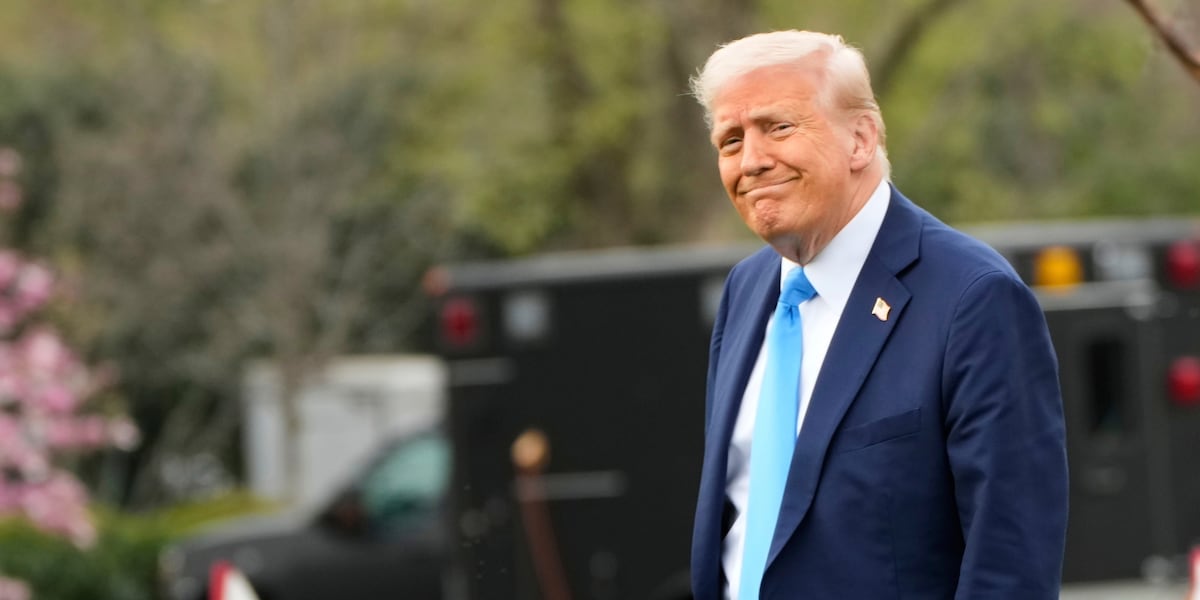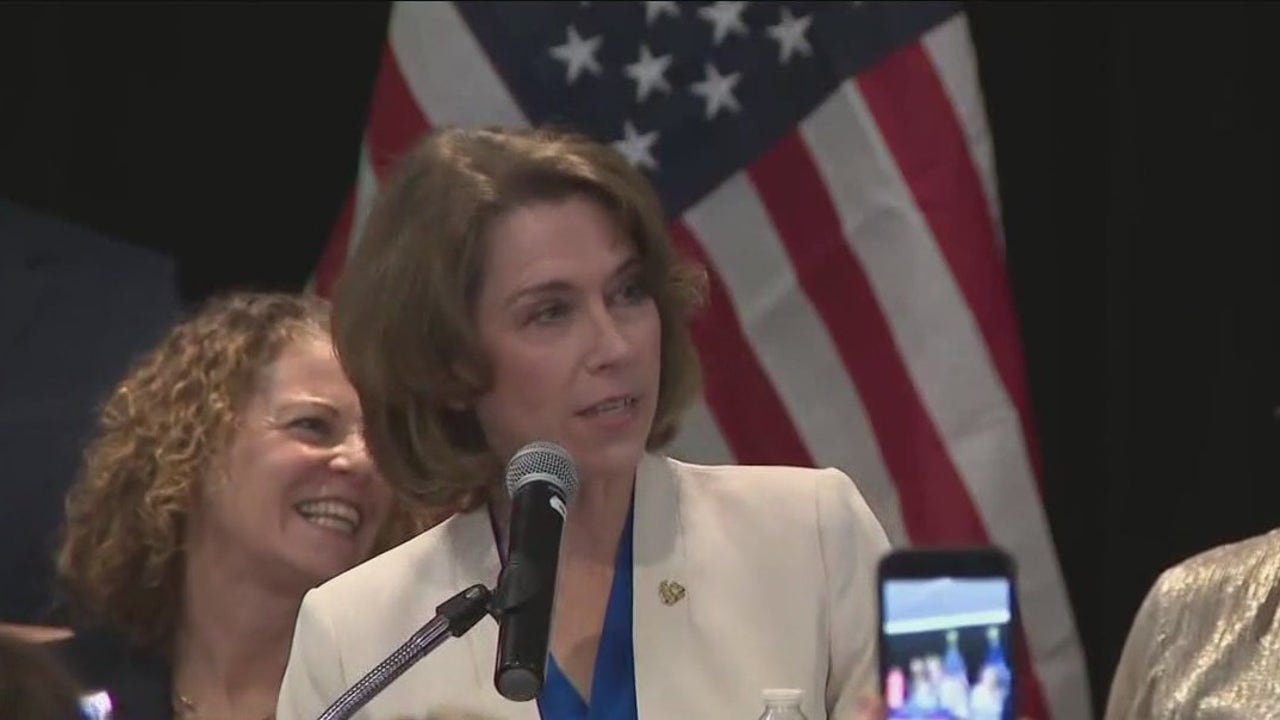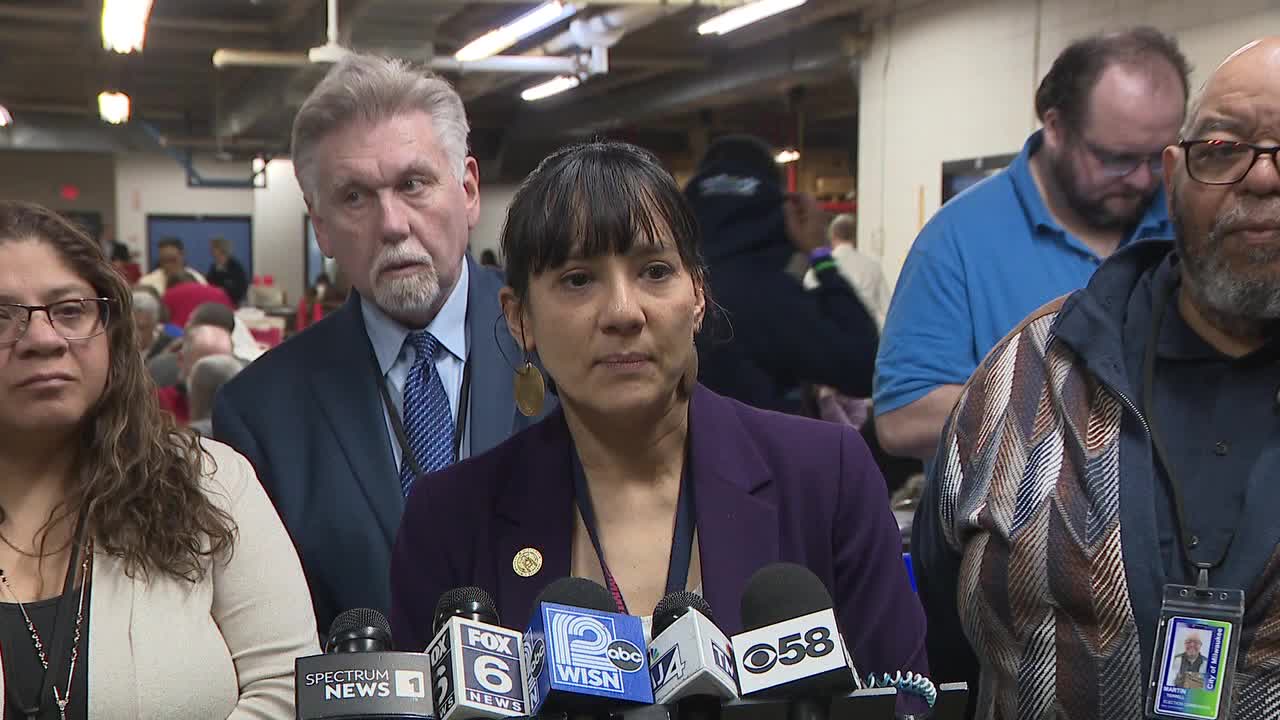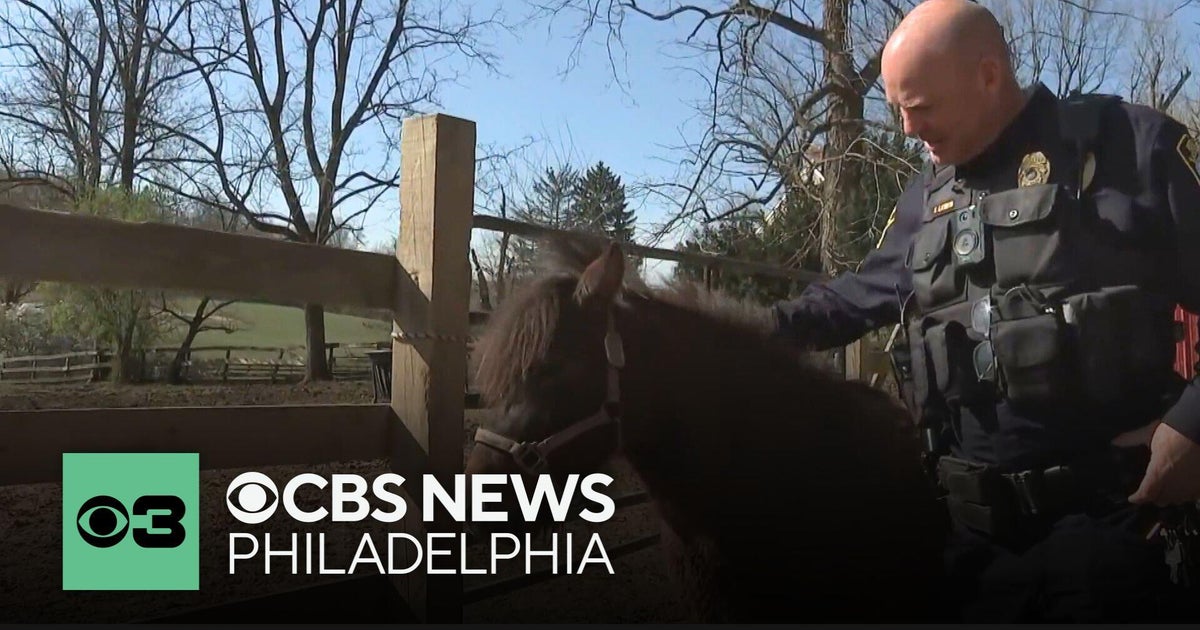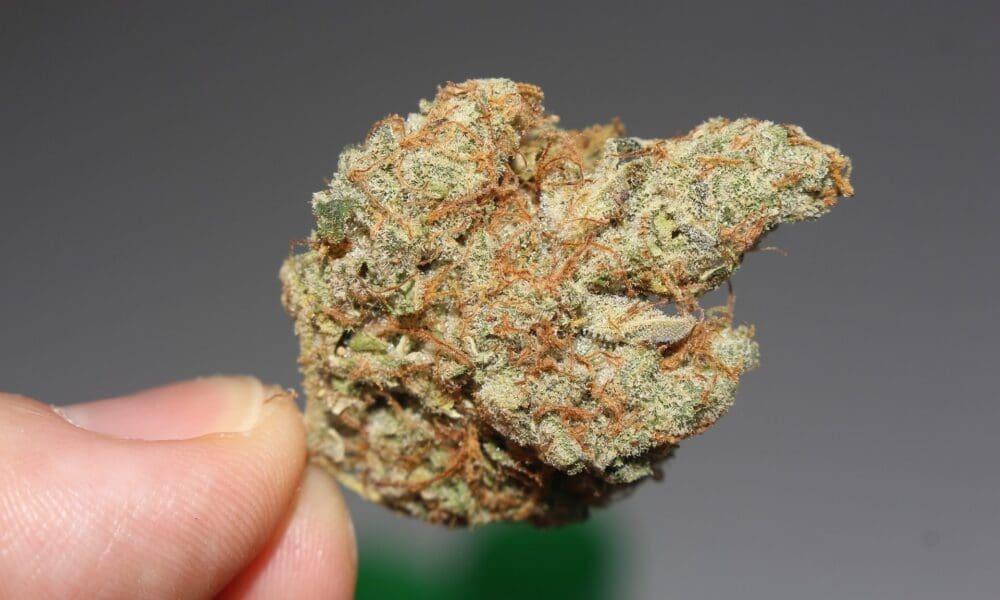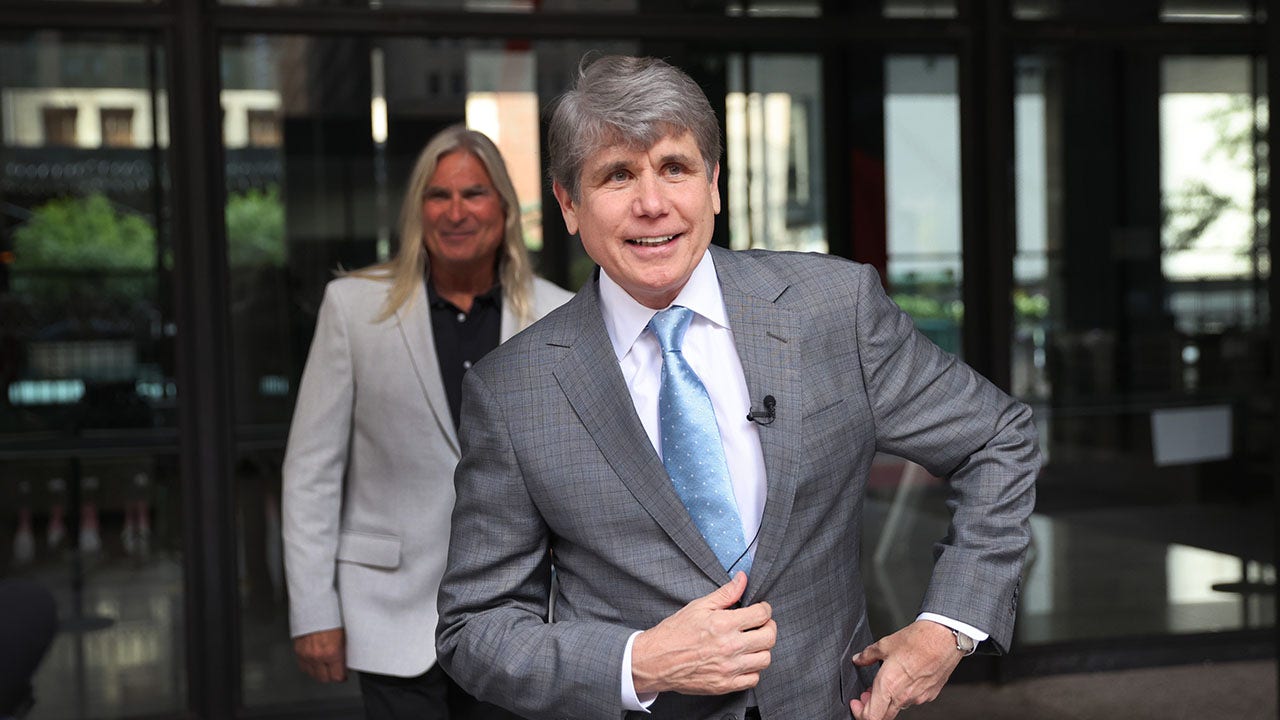A top Pennsylvania House lawmaker says Democrats are ready to pass a marijuana legalization bill this session, but that the party “will need Republican support” to get the job done—adding that it will be a “heavy lift.”
At an event organized by the progressive non-profit Represent PA on Tuesday, House Speaker Joanna McClinton (D) said that legalizing and regulating cannabis sales is one way the state can raise revenue, as well as imposing a tax on certain gambling games.
“Most House Democrats support [marijuana legalization], though we will need Republican support for passing a bill this massive,” she said. “It’s going to be a heavy lift.”
She added that the reform “could be a new economic opportunity—from farmers to [dispensaries] and those who put together edibles.”
While Democrats narrowly control the Pennsylvania House, there’s a GOP majority in the Senate, so McClinton stressed that there’s an open question about whether that chamber will go along with the reform, which Gov. Josh Shapiro (D) also included in his latest budget proposal.
“Nearly half of U.S. states have already legalized recreational marijuana, including nearly all of our neighbors,” McClinton separately told The Daily Pennsylvanian. “Right now, many Pennsylvanians are simply driving to New Jersey or Maryland to purchase marijuana legally.”
While polls have shown bipartisan support for legalization among voters, the policy change has consistently stalled in the legislature, owing in large part to GOP opposition. But not all Republican members are against the reform—and one recently said she felt her party should seize the “opportunity to snatch” the issue from Democrats.
Rep. Rick Krajewski (D)—who announced in December his intent to file a legalization measure alongside House Health Committee Chair Dan Frankel (D)—said the policy would provide for “more responsible usage” of cannabis, compared to the status quo that’s left adults either buying from the illicit market or traveling across state lines to get regulated products.
“In terms of public health, when people buy stuff on the street or from smoke shops, they don’t know what else is in the product or the potency amount,” he said. “Legalization allows us to have protections over products.”
Krajewski also defended his and Frankel’s proposal to enact legalization through a state-run retailers—a novel regulatory model for marijuana that departs from what other lawmakers and the governor have called for in the past.
“With the model of state stores, we would get hundreds of millions of dollars more in state revenue because we would have proceeds from tax revenue and sales revenue,” he said.
“This is a clearly polarized issue and Pennsylvania is currently a purple state,” he added. “Getting any kind of legislative process moving has been difficult because some people aren’t even willing to engage on it.”
Rep. Jordan Harris (D) separately made the case in an interview with The Daily Pennsylvanian that legalization would benefit the states farmers, arguing that Pennsylvania’s agriculture community “should be growing and processing and reaping the benefits here within the state.”
“If we get this to the governor’s desk, I think surrounding states will see a decrease in their revenue because that money will be staying in Pennsylvania,” he said.
“What folks need to understand is that we have had medical marijuana in Pennsylvania for quite some time now and we have not seen a steep increase in the need for police or anything like that,” he added said. “So people’s mindset shouldn’t be ‘We’re flipping a switch from a dry state to a legalized state.’”
Frankel, for his part, said recently that he feels it’s feasible that the legislature could advance a legalization bill as part of the budget reconciliation process that must wrap up by the end of June.
The governor has similarly indicated that the reform could advance on that timeline. But there are still open questions about what, if any, cannabis legislation could garner the necessary consensus for enactment.
Meanwhile last month, the Pennsylvania House approved a separate bill sponsored by Frankel that’s meant to strengthen safety standards and oversight of the state’s medical marijuana program as lawmakers work to advance adult-use legalization.
While Pennsylvania’s medical cannabis program was enacted nearly a decade ago, lawmakers say the new measure, which now heads to the Senate, is necessary to improve testing compliance, product audits and lab inspections, among other aspects of the industry.
—
Marijuana Moment is tracking hundreds of cannabis, psychedelics and drug policy bills in state legislatures and Congress this year. Patreon supporters pledging at least $25/month get access to our interactive maps, charts and hearing calendar so they don’t miss any developments.
Learn more about our marijuana bill tracker and become a supporter on Patreon to get access.
—
Separately, in a video interview released last month, the governor emphasized that the state is “losing out” to others that have already enacted adult-use legalization, while maintaining a policy that’s enriched the illicit market.
“I think it’s an issue of freedom and liberty. I mean, if folks want to smoke, they should be able to do so in a safe and legal way,” he said. “We should shut down the black market—and, by the way, every state around us is doing it. Pennsylvanians are driving to those other states and paying taxes in those other states.”
Pennsylvania’s Republican attorney general recently said he wants to be a “voice for potential public safety risks” of enacting the governor’s proposal—though he said his office would be ready to enforce the new law if lawmakers did vote to pass it.
The state’s agriculture secretary separately told lawmakers that he’s fully confident that his department is in a “really good” position to oversee an adult-use marijuana program if lawmakers act.
Meanwhile, in February, top Pennsylvania police and health officials told lawmakers they are prepared to implement marijuana legalization if the legislature moves forward with the reform—and that they stand ready to work together as the details of legislation to achieve it are crafted.
Amid the growing calls for marijuana legalization in Pennsylvania, a GOP state senator said prohibition has been a “disaster,” and a regulated sales model for cannabis—similar to how alcohol and tobacco are handled—could serve as an effective alternative.
Voters are ready to see that policy change, according to a poll released last month.
The survey, commissioned by the advocacy group ResponsiblePA, found that nearly 7 in 10 voters in the state support the reform—including a majority of Republicans. And 63 percent want to see the legislature enact the reform this year, rather than delaying it.
A Republican Pennsylvania senator also recently defended the push to legalize and regulate marijuana, calling it “the most conservative stance” on the issue.
Maryland Bill To Let Adults Make Marijuana Edibles And Concentrates At Home Heads To The Governor



